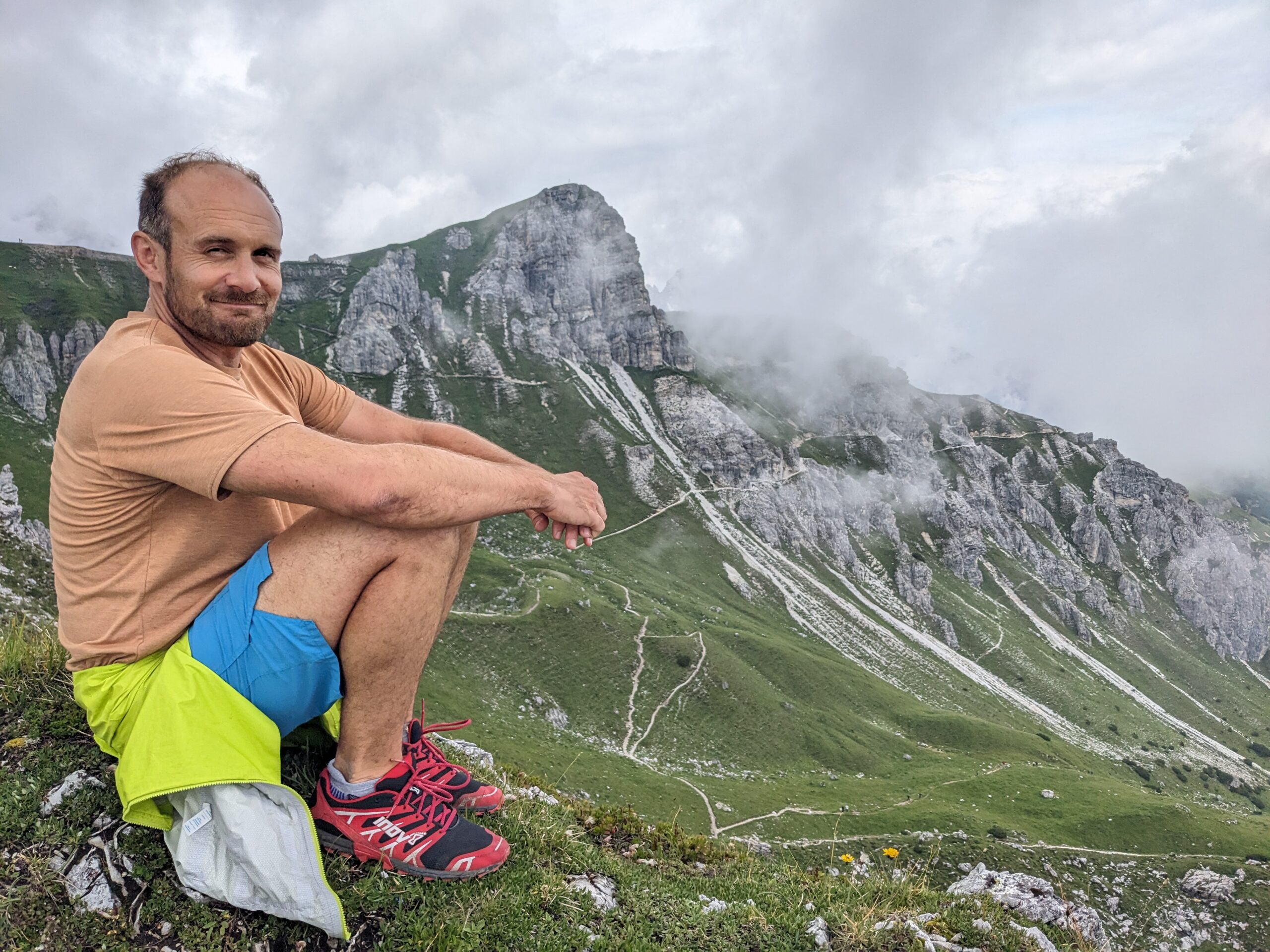Blake Boles is a traveling writer, experiential educator, and advocate for self-directed learning. The author of four books on alternatives to traditional schooling, his work has been featured in The New York Times, Town & Country, The Christian Science Monitor, BBC Travel, Psychology Today, and USA Today. A California native now based in Europe, Blake splits his time between dancing, writing, and cycle touring.
How did you get started traveling?
Following a handful of adolescent adventures in Chile and Europe, I stumbled onto Vagabonding and set forth to South America to have my quarter-life crisis among the clouded peaks of Peru, salt flats of Bolivia, and sweaty streets of Buenos Aires. Upon returning I desperately wanted to keep traveling, and ideally, get paid to do it. After a failed bid to become a gap year trip leader, I decided to start my own little travel company for self-directed teenagers. Soon I was running 6-week trips to any place that suited my fancy, sipping cappuccinos and smashing out sentences in cafés as my charges roamed the mean streets of some foreign city. To these trips I appended yet more personal travels, and eventually, “settling down” just didn’t make sense. Sixteen years later, here we are.
How did you get started writing?
I thought I wanted to be an astrophysicist until I saw the lives of actual graduate students, coding in their dark caves and publishing papers that just a few dozen people might read. So I pivoted into science education, but as soon as I found a few books critiquing the American school system, I knew the standard path wasn’t for me. Discovering alternative education lit a fire under my butt and inspired me to write, write, write—first a very bad honors thesis, and some years later, a few decent books about how and why to quit school and become a self-directed learner.
What do you consider your first “break” as a writer?
I sent a manuscript to two publishers that accepted unsolicited submissions. One never responded. The other—a small Canadian press with a soft spot for progressive education—sent me a contract. This was 2008, and I had no public presence. They offered me CAD$5000. It felt like winning the lottery.
As a traveler and fact/story gatherer, what is your biggest challenge on the road?
Mary Karr warns against using memoir as therapy: writing to exorcise your demons rather than distill your experiences. I’ve ignored her advice more than once. But my sentences also become clearer and more compelling when I’m tackling a pressing emotional challenge. There’s a fine line between raw truth and self-indulgence, and I’m still finding it.
What is your biggest challenge in the research and writing process?
My first four books were relatively straightforward: I felt like an anthropologist observing the foreign culture which is alternative education. Now I’m working on something different, a project called Dirtbag Rich, describing those whose obsession with nature, travel, and freedom lead them down unconventional life paths. I’m one such person, naturally. And unlike the alternative education stuff, I’m finding it very hard to get outside of my own head and see this lifestyle objectively. So I’ve started a podcast, also called Dirtbag Rich, to interview other people with similarly weird lives. This lets me do my research in public, stimulate my writing, round out my perspective, and develop a new online presence, all at the same time.
What is your biggest challenge from a business standpoint?
I hate Instagram. I just refuse to participate. The advertisements are jarring, and I feel sorry for anyone attempting to write something of substance on the platform. Facebook, for all its faults, remains friendly to long-form text. By indulging this bias, I’m shutting myself off from one of our era’s most powerful marketing tools. But I stand by my hatred. I even commissioned a subversive graphic that I slapped onto signposts (as a sticker) while cycling across Europe.
Have you ever done other work to make ends meet?
My teen travel programs are my bread and butter. The first book only recently covered its advance, and my self-published income has never exceeded $1000/month, except brief spans after a launch or the one time a TikTok influencer quintupled my sales.
What travel authors or books might you recommend and/or have influenced you?
Lands of Lost Borders by Kate Harris, Tramp by Tomas Espedal, The Snow Leopard by Peter Matthiessen, the journals of Everett Ruess, and Kerouac’s The Dharma Bums. Also, anything that Alain de Botton has to say about travel.
What advice and/or warnings would you give to someone who is considering going into travel writing?
If the idea of becoming a travel writer feels overwhelming, start small. Pick one adventure—no matter how modest—and write a “trip report.” For me, recounting backpacking trips in the Sierra Nevada was a gateway to finding my voice. I began by documenting distance, elevation, and practical tips, but I soon found language for more evocative emotions, like the joy of being offered fresh tacos and cold beer atop Muir Pass.
What is the biggest reward of life as a travel writer?

